New Delhi, October 1 –
The first day of October has brought a sharp reminder of how global energy markets touch everyday life in India. Oil marketing companies (OMCs) announced a steep increase in Aviation Turbine Fuel (ATF) and a hike in commercial LPG cylinder prices, sending ripples through the aviation, hospitality, and catering sectors just as the festive season begins.
The revisions, effective immediately, will see ATF jump by approximately ₹3,052.5 per kilolitre, while a 19-kg commercial LPG cylinder—a staple for hotels, restaurants, and catering services—has become costlier by ₹15.50 in Delhi. Though consumer petrol and diesel prices remain unchanged at the retail level, the impact of this two-pronged hike is expected to cascade through multiple sectors of the economy in the coming weeks.
ATF Hike: Airlines Brace for Higher Costs
For airlines, ATF constitutes anywhere between 35% and 45% of operating expenses. Unlike fuel surcharges on freight or surface logistics, jet fuel is not only volatile but also subject to both international crude benchmarks and domestic taxation structures.
The ₹3,000-plus hike per kilolitre means that airlines operating thinner routes or budget carriers running tight margins could see yields compress unless fares rise. Industry insiders suggest that airlines may respond with modest fare hikes on domestic routes during the festive quarter, especially for last-minute bookings.
Civil aviation analysts believe carriers with stronger hedging strategies and diversified revenues, such as cargo and ancillary services, are better positioned to weather the surge. However, smaller operators and regional flights may feel immediate strain, potentially forcing them to reduce frequency or rationalize routes.
Festive Quarter Adds Pressure on Airlines
The October–December quarter is traditionally one of the busiest travel periods in India, covering the festival season and winter holidays. Airlines typically see peak passenger demand in this phase.
Now, with fuel costs rising, the challenge is to balance fare affordability with cost sustainability. A 2–5% increase in fares could be absorbed by travelers in metro-to-metro routes, but in price-sensitive tier-2 and tier-3 markets, even modest increases may dampen demand.
“Fuel costs always dictate the airline’s profitability trajectory. In a season of high travel demand, this hike forces airlines to make tough calls—either pass the cost to consumers or absorb it and squeeze margins,” said an aviation consultant.
Commercial LPG: Modest but Meaningful Hike
For hotels, restaurants, and catering companies (HoReCa sector), LPG cylinders are indispensable. The ₹15.50 increase may look modest, but when compounded across hundreds of cylinders used in large kitchens and catering contracts, the impact grows significantly.
With the festive season underway, banquet halls, caterers, and restaurants are likely to face incremental overheads. Small eateries operating on thin profit margins could be hit hardest, while large chains may pass the cost through menu price adjustments or service charges.
A restaurant owner in Delhi commented, “Each increase chips away at our bottom line. We have to balance between keeping customers happy and maintaining profitability. Festive months are high-revenue months, but they are also high-cost months.”
Petrol and Diesel: The Calm Before the Storm?
Interestingly, retail petrol and diesel prices across major metros remained unchanged. This provides some relief to consumers and logistics operators in the short run.
However, traders warn that international crude trends and rupee-dollar fluctuations could force OMCs to adjust retail prices if pressures persist. The ATF and LPG hikes may be early indicators of global cost pass-through in the energy chain.
Impact on Hospitality and Tourism
The combined effect of higher ATF and commercial LPG is expected to ripple across India’s hospitality and tourism ecosystem.
- Airfare hikes may discourage spontaneous bookings or budget travelers.
- Hotels and caterers face higher input costs just as they ramp up for Diwali and Christmas events.
- Tour operators may adjust package prices, especially for air-inclusive itineraries.
Tourism boards worry that this double hike could dampen sentiment at a time when India is trying to revive inbound travel and domestic tourism post-pandemic.
Economic Implications: CPI and Inflation Risk
With the RBI’s policy decision due today, energy costs are back in focus. While consumer fuel remains steady, spikes in ATF and LPG carry indirect risks.
- Airlines increasing fares → higher transport inflation.
- Restaurants adjusting menu prices → food & beverage inflation.
- Hotels raising tariffs → service inflation.
Economists believe that if global crude remains elevated, these hikes could gradually seep into Consumer Price Index (CPI) readings in the coming months, pressuring the RBI to maintain a cautious stance.
Why the Hike Now? Global Drivers
The timing of the hike links back to international crude benchmarks. OPEC+ supply adjustments, geopolitical tensions, and currency volatility have nudged crude higher. As a result, ATF prices, which are revised fortnightly by OMCs, reflect global swings almost immediately.
The LPG adjustment, though smaller, is part of the regular monthly revision. With festive demand for energy expected to spike, OMCs are aligning prices to balance margins.
Voices From the Industry
- Aviation: “Every 1% increase in ATF prices can reduce airline profitability by 0.5–1%. It’s our single biggest variable.”
- Hospitality: “Margins are already squeezed by staffing costs and input inflation. LPG hikes, though small, add cumulative pressure.”
- Consumers: “Air travel is becoming less affordable. During festivals, this really hits middle-class families who want to travel.”
Looking Ahead: What Consumers Can Expect
While no immediate impact will be felt on household cooking gas (domestic LPG remains unchanged), indirect inflation is almost certain to creep in. Consumers may see:
- Higher airfares for holiday travel.
- Incremental increases in restaurant bills.
- Costlier catering services during weddings and festive functions.
Conclusion: A Warning Signal
October’s fuel price revision is a warning signal about the fragility of India’s energy-linked sectors. While the hikes are not unprecedented, their timing—just ahead of the festive season and alongside the RBI policy—makes them particularly sensitive.
India’s growth story remains intact, but rising input costs threaten to test the resilience of businesses and households alike. Policymakers will need to balance global realities with domestic inflation control, ensuring that the festive quarter does not turn into a period of squeezed margins and dampened demand.
#ATF #LPG #OilPrices #Aviation #Hospitality #Energy #Inflation #Fares #IndiaEconomy #FestiveSeason











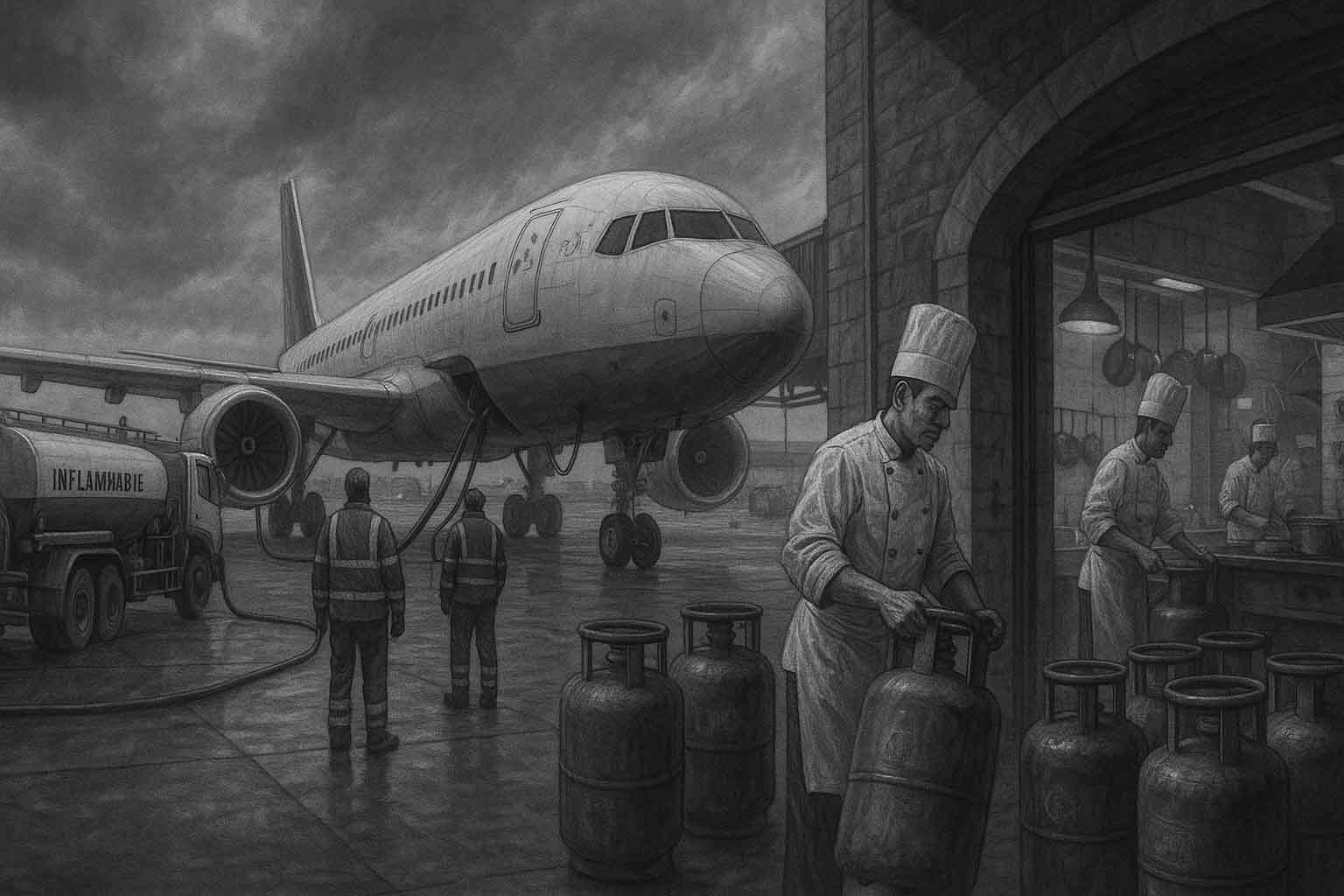

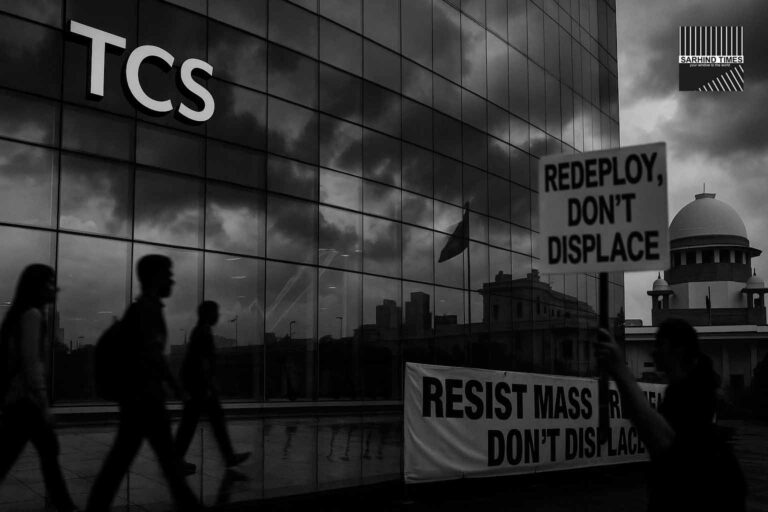
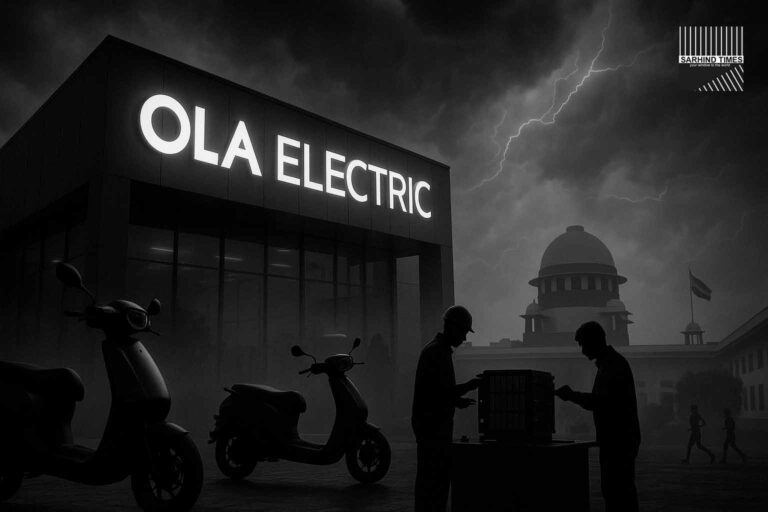
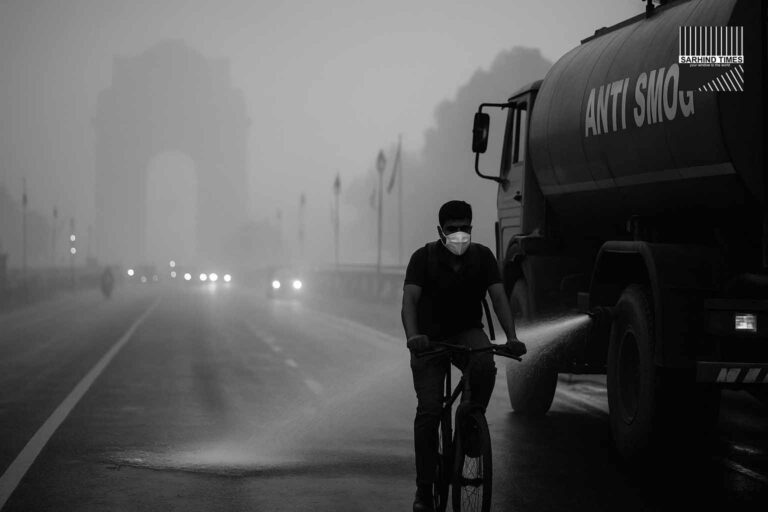
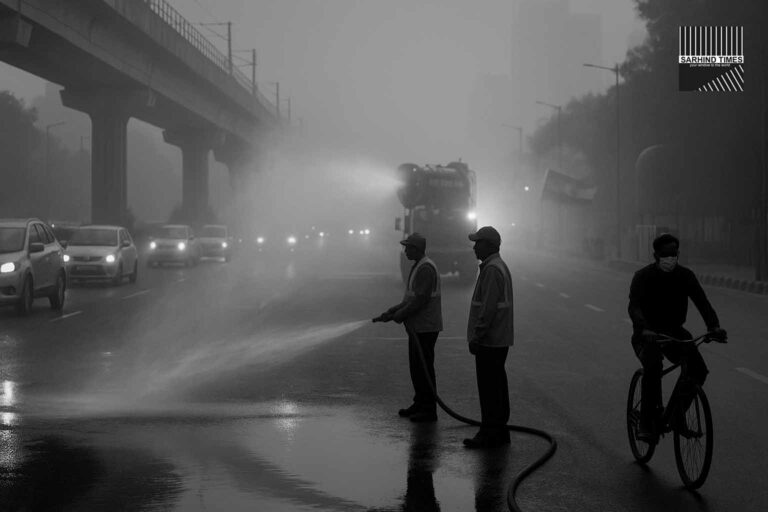



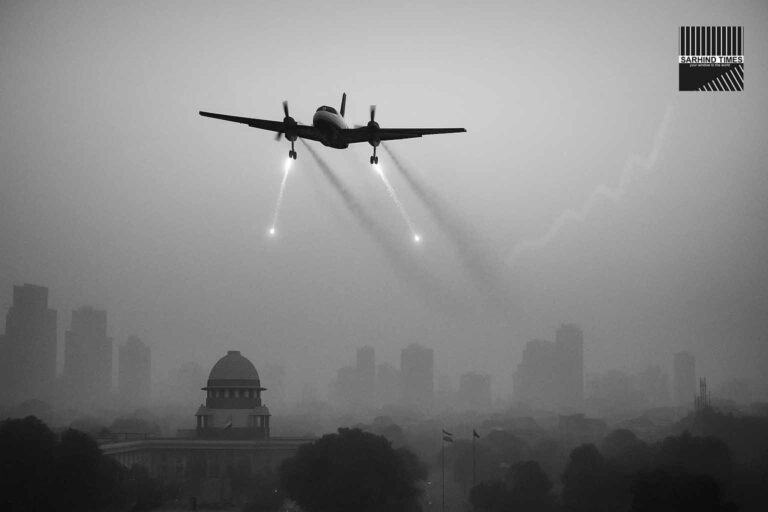
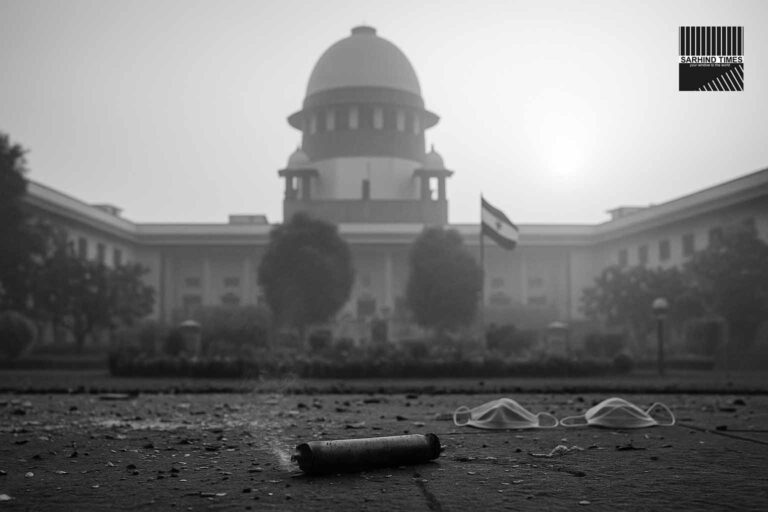
+ There are no comments
Add yours